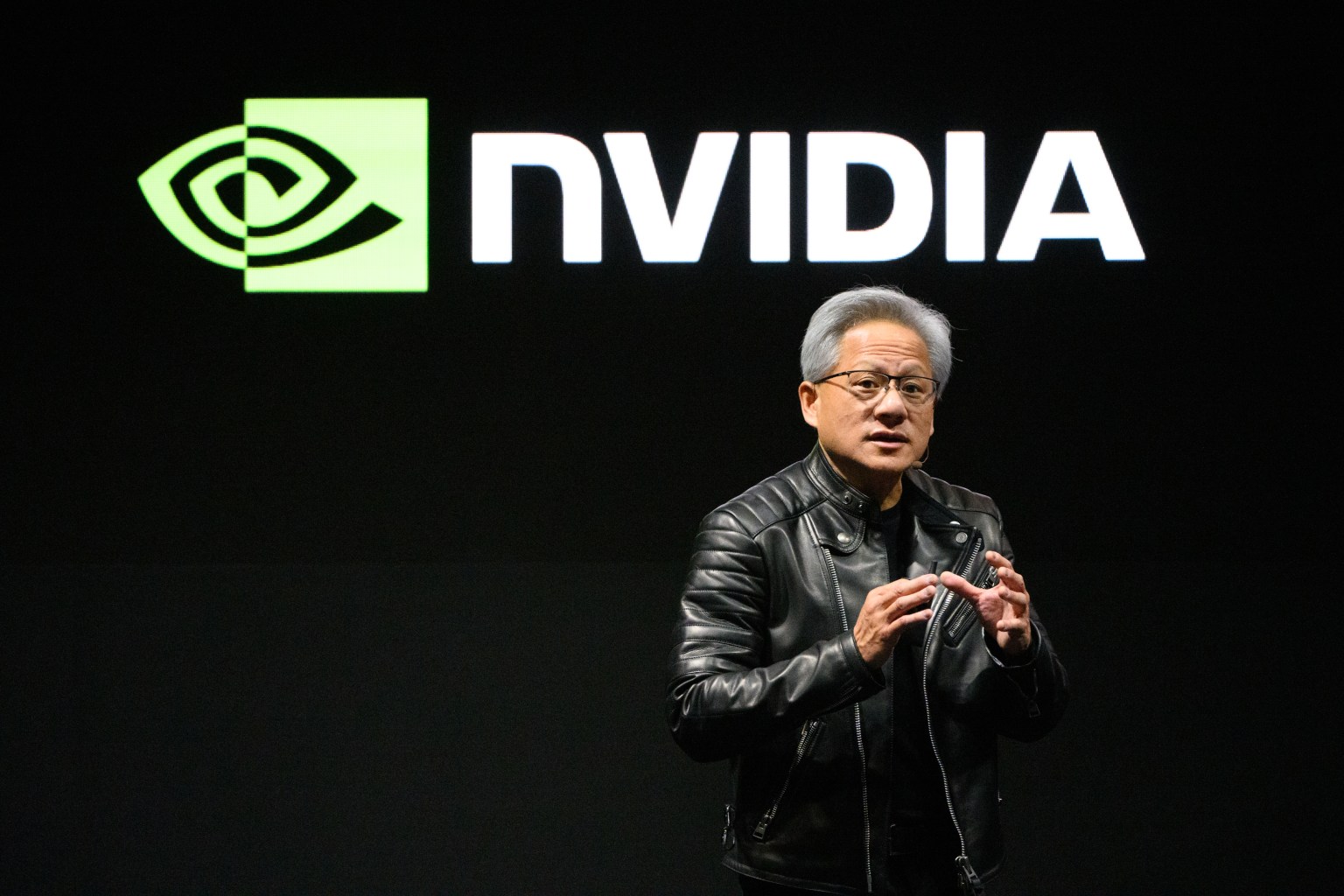Nvidia Completes Acquisition of Run:ai – A New Era for AI Infrastructure
Nvidia, a frontrunner in the artificial intelligence (AI) landscape, has successfully finalized its acquisition of Run:ai, an innovative startup from Israel focused on optimizing and managing AI hardware infrastructure. This merger marks a significant step for Nvidia, enhancing its capabilities in a rapidly advancing tech sector.
Overview of the Acquisition
Run:ai's Role
Run:ai is renowned for its expertise in managing AI workloads, particularly in cloud and data-center infrastructures. The startup has developed sophisticated software that enhances the performance of AI models by efficiently allocating resources. Previously, this software was exclusively compatible with Nvidia hardware, but exciting changes are on the horizon.
Open Source Commitment
One of the most noteworthy developments following the acquisition is Run:ai's decision to open source its software. This means that competitors, including tech giants like AMD and Intel, will now have the opportunity to adapt Run:ai's innovative solutions for their own hardware. Run:ai stated, "We are eager to build on the achievements we’ve obtained until now, expand our talented team, and grow our product and market reach. Open sourcing the software will enable it to extend its availability to the entire AI ecosystem."
Background on the Acquisition Process
Nvidia initially announced its intention to acquire Run:ai earlier in April. Industry sources indicated that the deal was valued at approximately $700 million. However, the merger faced scrutiny from regulatory bodies. The European Commission and the U.S. Department of Justice launched independent investigations to assess whether the acquisition could stifle competition.
Regulatory Review and Approval
Despite the hurdles, the deal received approval from the European Commission in December, allowing Nvidia to proceed with the acquisition. The approval is indicative of Nvidia's strategy to strengthen its position in the AI market amidst increasing competition from other tech companies.
Implications for the AI Ecosystem
With the completion of this acquisition, several key implications arise for the AI industry:
-
Broader Accessibility to Advanced Tools
By open sourcing Run:ai's software, Nvidia not only bolsters the functionality of its platform but also encourages widespread adoption across various hardware systems. This decision may lead to unprecedented collaboration within the AI community, as developers and researchers can now leverage cutting-edge tools regardless of their hardware preferences. -
Increased Competition
Allowing competitors access to optimizations initially limited to Nvidia hardware may create an environment of healthy competition. AMD and Intel are likely to develop their own strategies to enhance their AI capabilities, resulting in a more diverse market. -
Enhanced Innovation
The open-source model fosters innovation by empowering developers to experiment and improve upon existing technology. This could accelerate advancements in AI infrastructure, leading to breakthroughs in various applications, from cloud computing to data analytics.
- Collaboration Opportunities
Companies utilizing different hardware platforms may find new opportunities for collaboration. The ability to work with Run:ai's software might encourage partnerships across previously siloed technologies, potentially leading to new AI solutions and services.
Conclusion
The acquisition of Run:ai by Nvidia is set to have far-reaching consequences for the future of AI infrastructure. By transitioning to an open-source model, Nvidia is not just advancing its own services, but is also investing in the wider AI ecosystem. This move underscores a broader trend within the technology sector, where collaboration and accessibility are becoming fundamental drivers of innovation. For more insights into Nvidia's positioning in the market, check out our previous article on Nvidia Attracts Retail Investors.
As AI technology continues to evolve, Nvidia's integration of Run:ai's capabilities marks a significant milestone that could reshape the landscape of AI development. Stakeholders across industries should keep a close watch on the cascading effects of this acquisition, as the implications may extend beyond AI infrastructure to influence various sectors, including healthcare, transportation, and beyond.
By fostering an open and collaborative environment, Nvidia is paving the way for enhanced AI applications that could ultimately benefit consumers and businesses alike—ushering in a new age of innovation in artificial intelligence.
For those interested in the ongoing evolution of AI and its integration into various aspects of society, explore our additional articles about Google's 2025 AI Strategy and how AI is transforming travel connectivity through eSIM technology. These resources provide a deeper understanding of current trends and future developments in the AI ecosystem.
